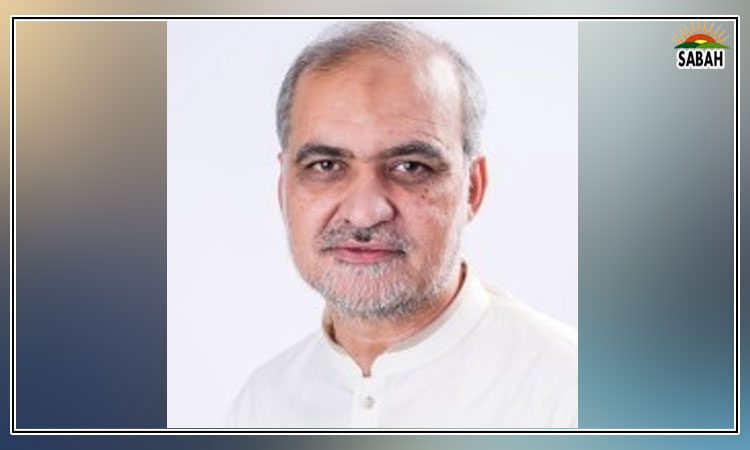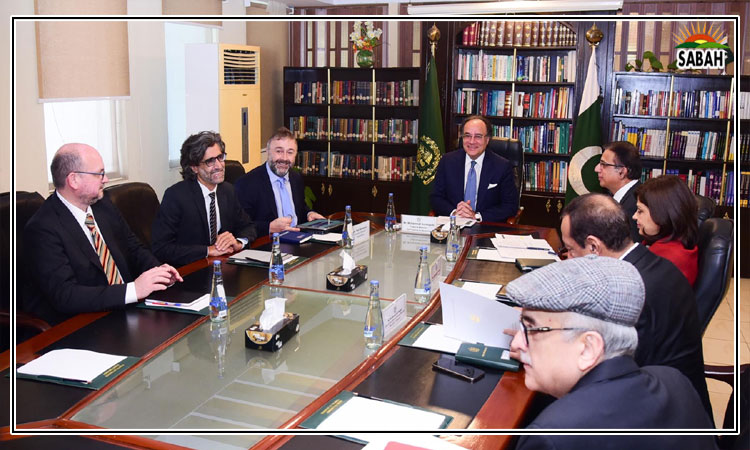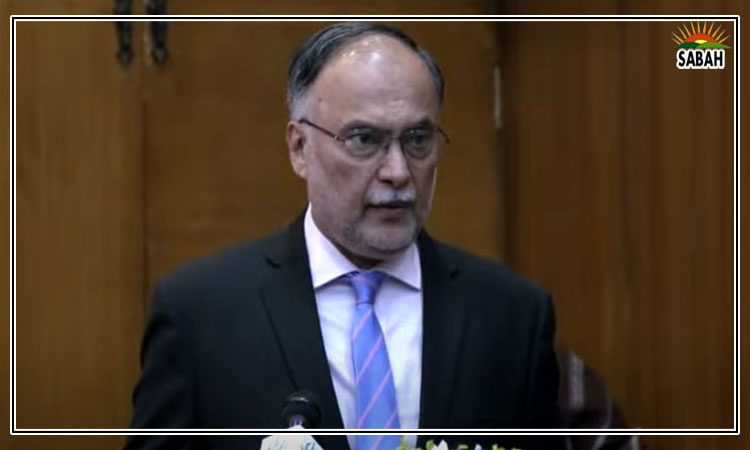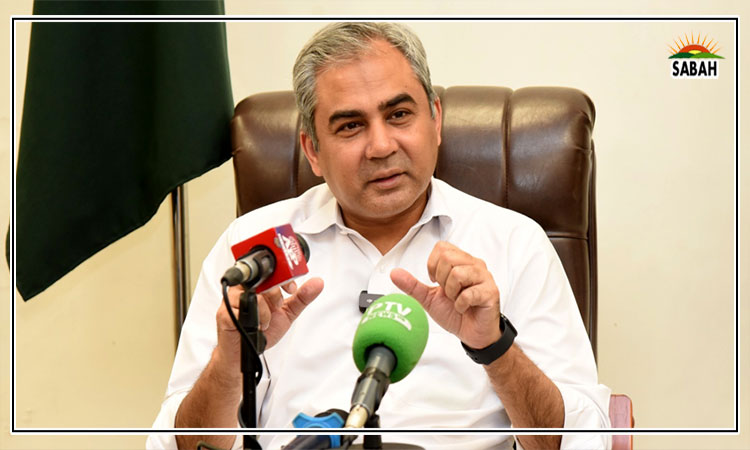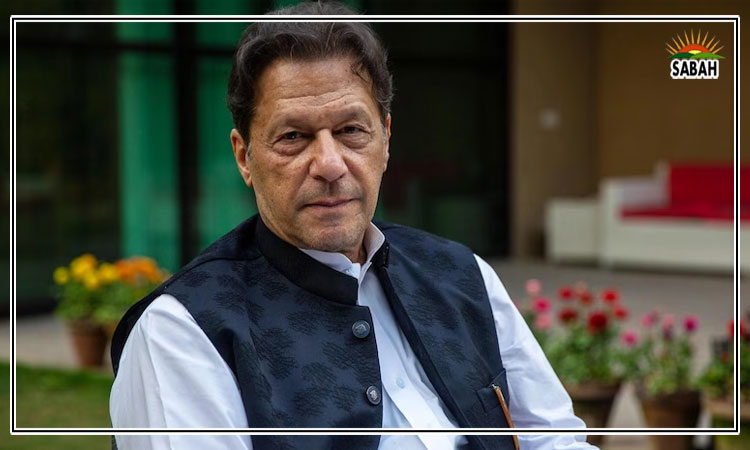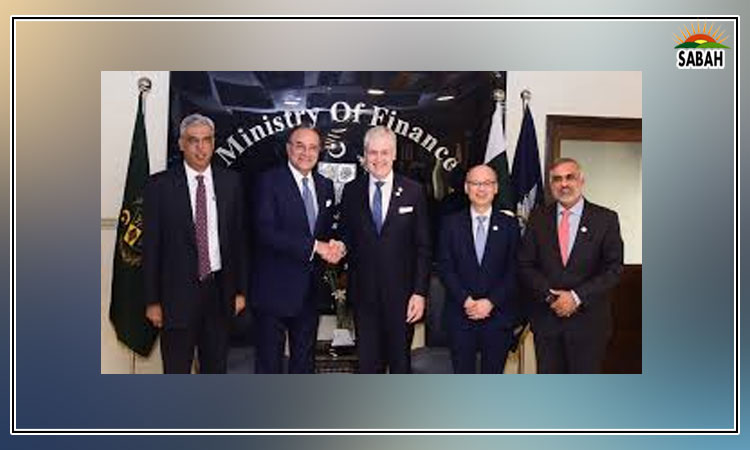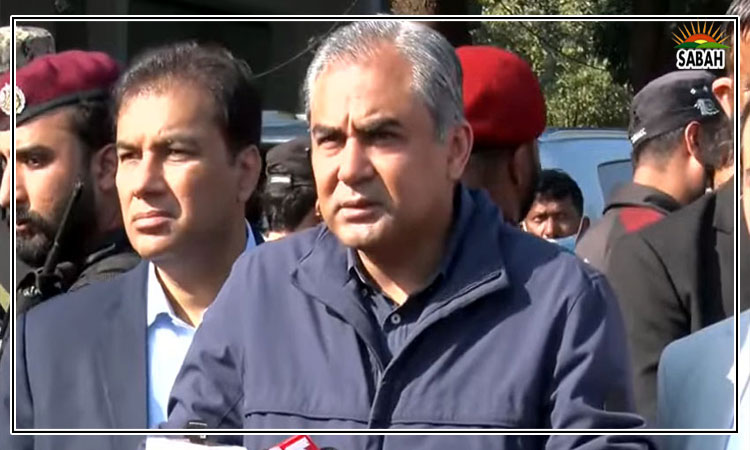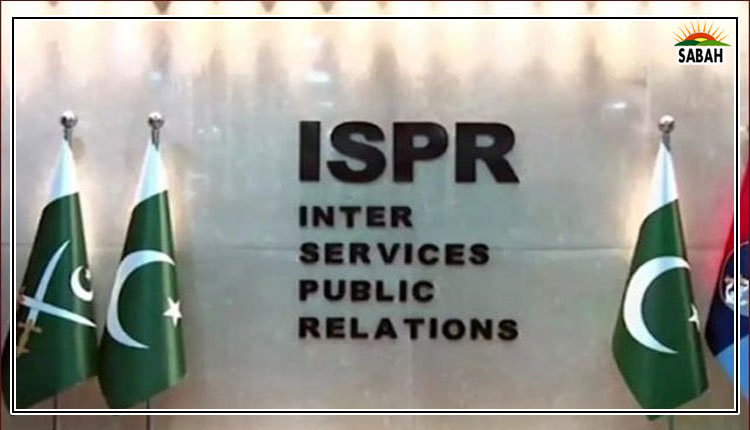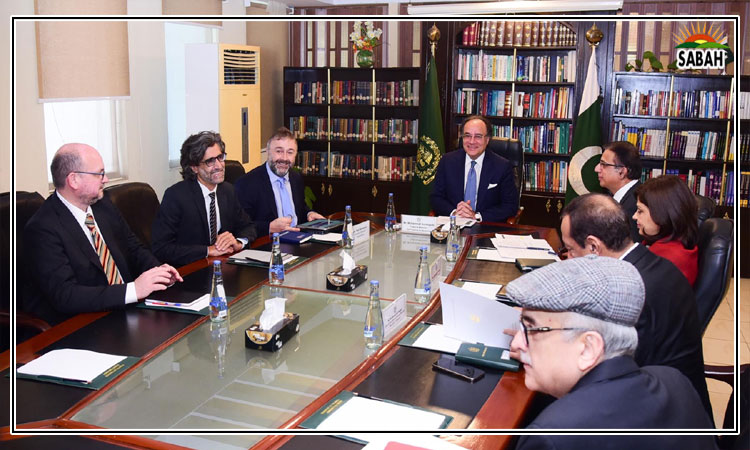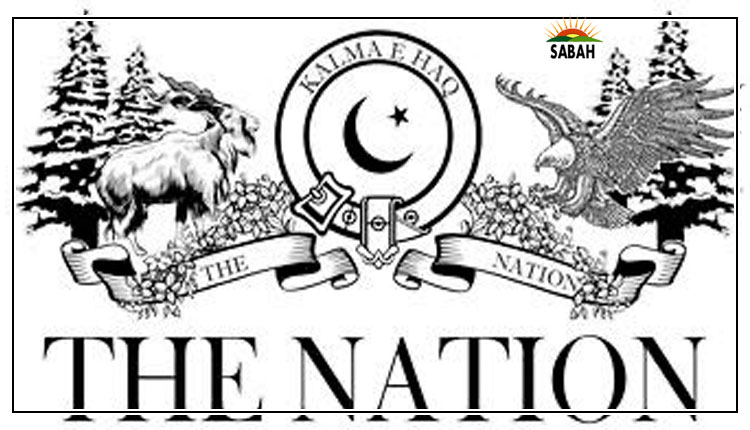Balance of power…..Dr Farid A Malik
My late father Nazir Ahmed Malik actively participated in the freedom movement. He had unflinching faith in Pakistan. As the first-born free generation, we have seen it all. Bhutto in his book The Myth of Freedom talks at length about our so-called independence from the colonial yoke on August 14, 1947. There is a famous Chinese curse, May you live in interesting times, indeed our journey in the land of the pure has been very eventful. A lot of events unfolded on the 7.8 Kilometer strip called Mall Road where I was born and raised. It starts at the historic Town Hall and ends at the Mian Mir Bridge from where the Cantonment limits start. Religiously, on March 23 every year my old man drove the family to watch the Pakistan Day Parade at the Fortress Stadium located across the bridge. The small two-lane bridge was the only link between the functional city and the barracks. There were two different worlds, one under civilian authority while the other was run by men in uniform. While corruption was well contained in those days, the Cantonment Boards (CB) were not free of this menace. Departments like Controller Military Accounts (CMA) and Maintenance Engineering Services (MES) were always dominated by unscrupulous civilians.
Terrorist killed in crossfire with security forces in South Waziristan
At the age of five in the year 1958, holding my fathers finger, I stood on the Mall Road near the Kims Gun waiting to receive the Long March of Khan Qayyum Khan, the most popular leader of his time. It was a long wait; Khan Sahib never made it. He was captured at the Ravi Bridge and taken to the dreaded dungeons of Lahore Fort. Finally, the short news came out from Paisa Akbar informing the world that those from the barracks had taken over. Instead of holding elections to elect new political leadership, martial law had been clamped together with the abrogation of the 1956 constitution. After a few days, an agreement was reached between the martial law authorities and Khan Sb. To gain his freedom, Khan Sb agreed to retire from politics and go back to his legal practice in Peshawar. With my old man, we went to meet Khan Sb who was badly shaken by his experience under martial law captivity. He had lost the will to fight back.
Baligh assures to increase GB students quota in Punjab Universities
It did not end here. In the year 1959, my uncle (Mamu) Dr Salim Wahid Salim, a progressive writer and poet decided to go on a hunger strike outside the gate of the civil secretariat. He had three demands: that the army goes back to the barracks, investigate the murder of Prime Minister Liaquat Ali Khan, and withdraw the surveillance of progressive writers. After twelve days of hunger, Dr Sb was sinking and close to death. The government was in no mood to negotiate with him, and despite family pressure, he refused to call off his strike. My mother pleaded with my father to save his life. On her insistence, my old man arranged mock negotiations. A retired bureaucrat friend was presented as the Secretary of Interior to negotiate with Dr Sb, upon his assurances to seriously consider his demands the strike was called off, and a life was saved but the movement for civilian rule badly suffered. Not much has changed since then. Dr Sb survived but he was not spared, finally, his life fell apart. His wife with his two sons went back to live with her parents in Aligarh. He had to pay a heavy price for his resistance.
Pakistan an important partner in dealing common challenges: US
Zulfiqar Ali Bhutto (ZAB) came prepared with his comrades to introduce major changes after martial law was lifted in 1972 with the enactment of the interim constitution followed by a permanent version in August 1973. Pakistan emerged as a constitutional democracy. Free and fair elections followed by well-thought-out plans by party think tanks is the best way forward. ZAB had promised Roti, Kapra, Makan under a framework of Islamic Socialism. He called his regime the Awami Hukamat, which it was. Relief was provided to the common man together with good governance. The republic can only grow under civilian leadership elected through a credible ballot as was conducted in the year 1970. The constitution must reign supreme, and those who defy it must face the consequences.
Courtesy The Nation


